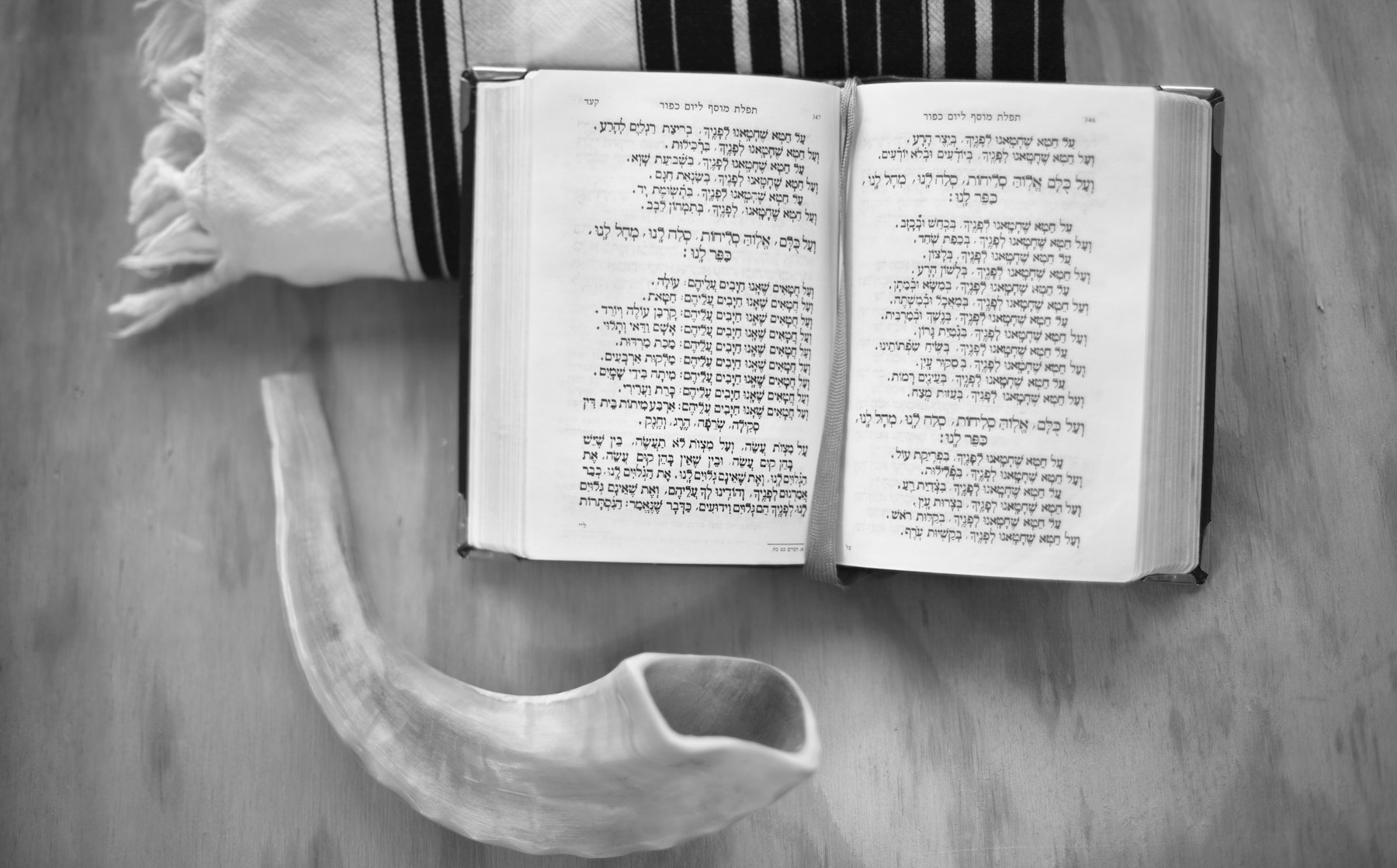
Today is the Jewish holiday of Yom Kippur. A friend asked me a couple of days ago how I’m feeling about it.
How could I feel? It’s “The Day of Atonement,” a day of grieving over sins, of casting oneself on the mercy of God. And there’s no food allowed! This will not be a happy day.
Seriously, I knew what he meant—as a believer in Jesus as Messiah, the Day of Atonement is mixed with extreme emotions. For example:
Seeing the need
A few days ago, I had the privilege of guest lecturing in a religious studies classroom of a large secular university. The course was an introduction to Judaism, Christianity, and Islam and the professor invites a rabbi, a minister, and an imam to visit during three different class sessions. (If we all were invited for the same day, it might sound like the beginning of a bad joke: “A rabbi, a minister, and an imam all walk into a classroom…”)
I spoke for 30 minutes and then answered questions for 40. I spoke of my Jewish upbringing and my Yom Kippur experience of feeling alienated from God even though I had done all that I could to fulfill all the “requirements” of that day. I told of longing for God even though I could not articulate it as such and how C. S. Lewis helped me see that my longing for beauty in music really was a longing for God, heaven, and eternity. I recounted how my reading of the Gospel according to Matthew opened my eyes to see that Jesus wasn’t just a good rabbi, but the Messiah spoken of by Isaiah—the prophet whose book I read from on the day of my Bar-Mitzvah.
I tried to explain how Judaism and Christianity fit together in complementary ways. I wanted them to see these two major components of their course (Judaism and Christianity) really were two parts of a unified whole, revealed in a unified Bible, inspired by the same God. I struggled to answer questions about the Trinity, prophecy, the resurrection, heaven, hell, and how we raised our children.
The funniest and saddest moment came when a young woman, with bewilderment on her face but sincerity in her voice, asked me, “Do you know anyone else who believes what you believe? I mean, this combination of Judaism and Christianity—are there other people who see them fitting together the way you do?”
I assured her there were many. She looked astonished. Others in the class seemed to share her amazement. I sensed that we believers, who read both the so-called Old Testament and the New one, have work to do. Many people around us, Jewish and Gentile, have read neither revelation.
Reaching out
This time of year might be a great opportunity to reach out to your Jewish friends and offer holiday greetings. The traditional words of “L’shanah Tovah” express far more than the literal translation of “for a good year.” It’s shorthand for “May you be inscribed in God’s book of life for a good year.” As believers in the One who has come, atoned for sins, and risen from the dead, we mean far more than even that filled out statement: We want them to be “inscribed in the Lamb’s book for eternal life.”
This time of year might be a great opportunity to reach out to your Jewish friends and offer holiday greetings.
May God give us wisdom, compassion, and boldness to start many Messiah-saturated conversations during these days of awe. May the conversations continue long beyond these ten days. And may the awe continue for all eternity.
Get equipped to reach your Jewish friends and neighbors with the gospel: Engaging with Jewish People by Randy Newman is available now.